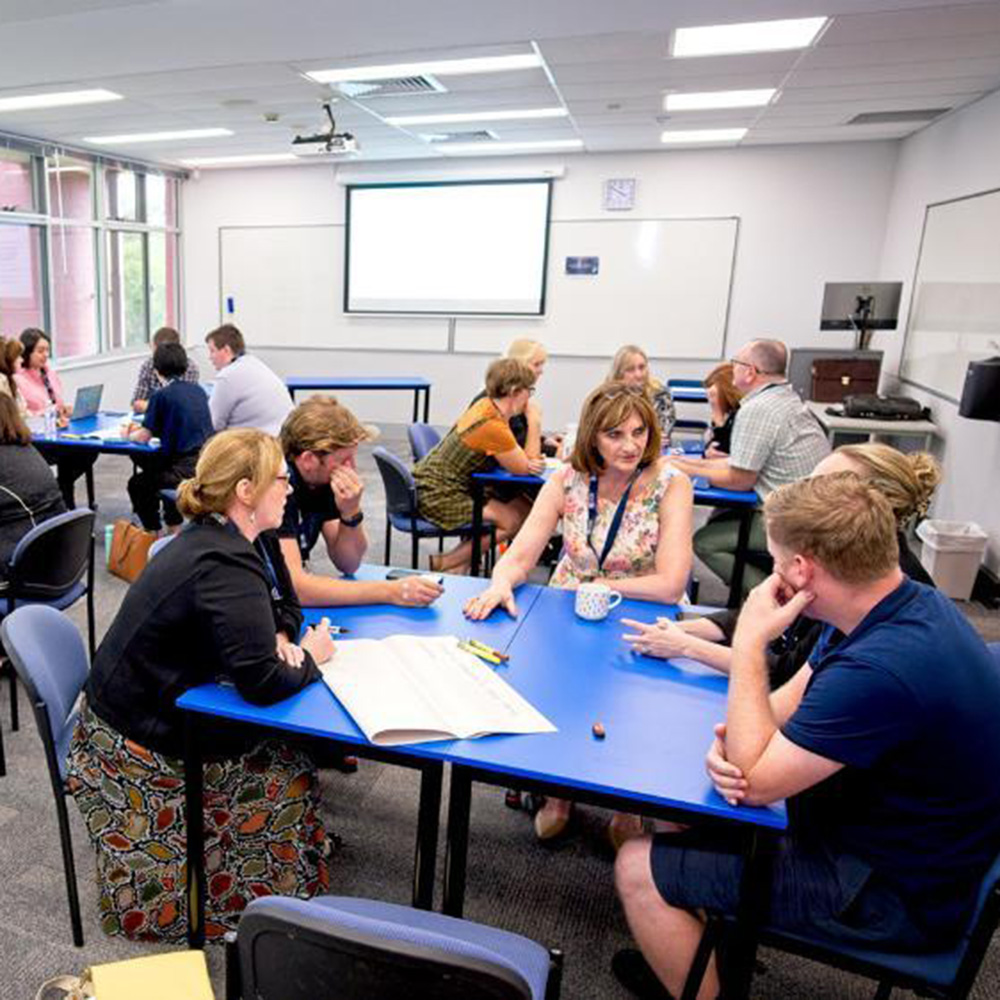Keynote speaker
Professor Sarah Larkins is an experienced research leader, academic general practitioner and Professor of Health Systems Strengthening in the College of Medicine and Dentistry, James Cook University. Sarah has particular skills and experience in Aboriginal and Torres Strait Islander health research and health services and workforce research and is an internationally recognised expert in social accountability in health professional education.
Keynote presentation
Workforce implications of innovative models of care – the missing middle! What is a fit-for-purpose health workforce for rural and remote Australia?
The Australian health care system is generally considered strong by world standards, however inequities in access to health care and health outcomes persist, most pronounced for Aboriginal peoples and Torres Strait Islanders and rural, regional and remote Australians. Health system issues include shortages and maldistribution of the health workforce, rising health care costs (driven by rising rates of chronic disease and multimorbidity and unhelpful funding models), and siloed care lacking in coordination.
This presentation will outline some of the health system issues, highlight some of the top down policy initiatives and ground up innovative models of care that have emerged in response to need, and highlight the “missing middle” of sensible regional place based planning for a sustainable health workforce and service delivery.
As technology continues to develop, the needs of our health workforce continue to change, with a requirement for a flexible workforce with high digital readiness delivering technologically augmented care but maintaining a person-centred model of care. This has implications for the current health workforce in terms of upskilling, teamwork and organisational culture change but also implications for how we select and train a fit-for-purpose health workforce for a sustainable and more equitable health system into the future. Starting with the end in mind is critical here to ensure that selection and training emphasizes diversity, equity, compassion and teamwork in addition to academic success.
Professor Sarah Larkins's Keynote presentation (PDF: 4.3 MB)
